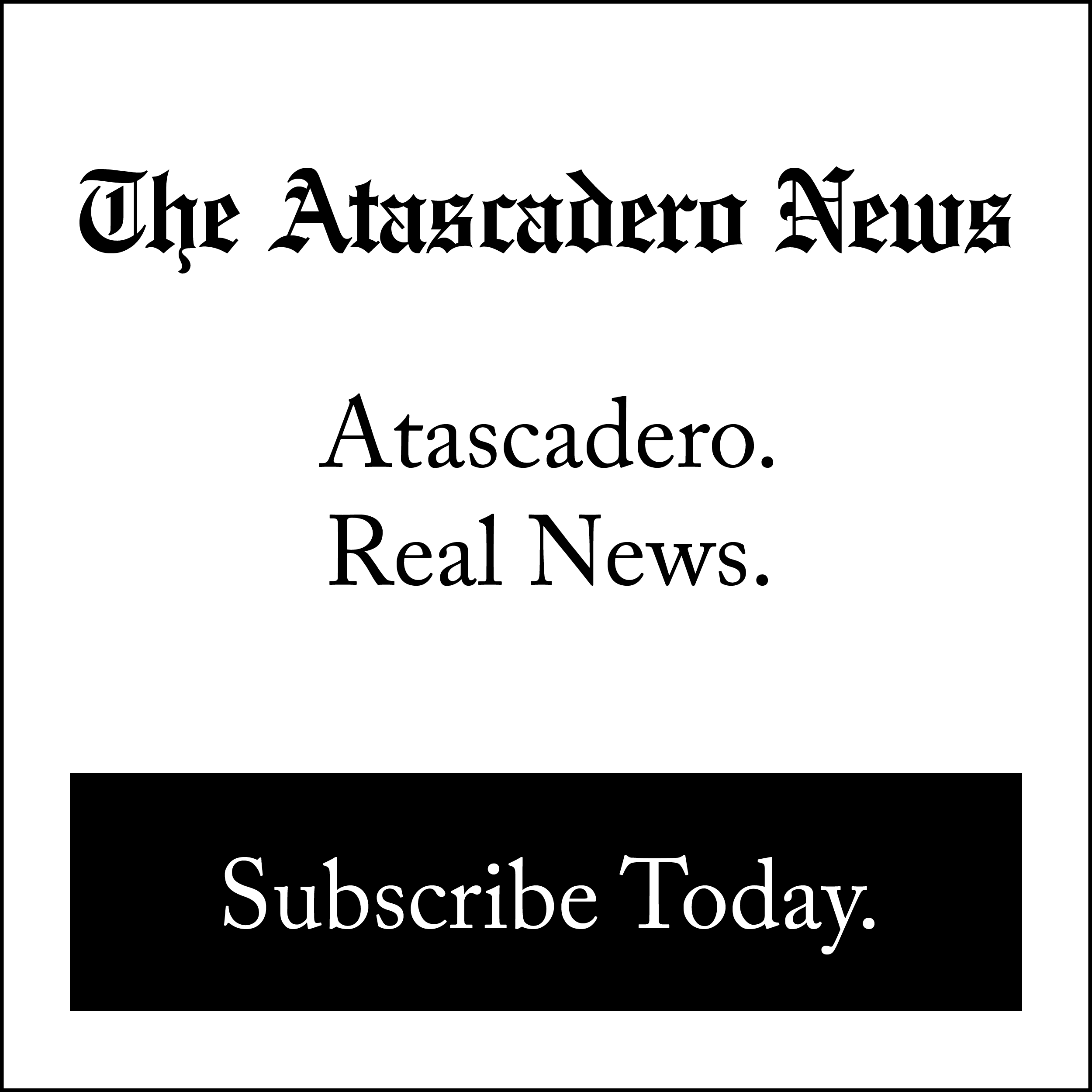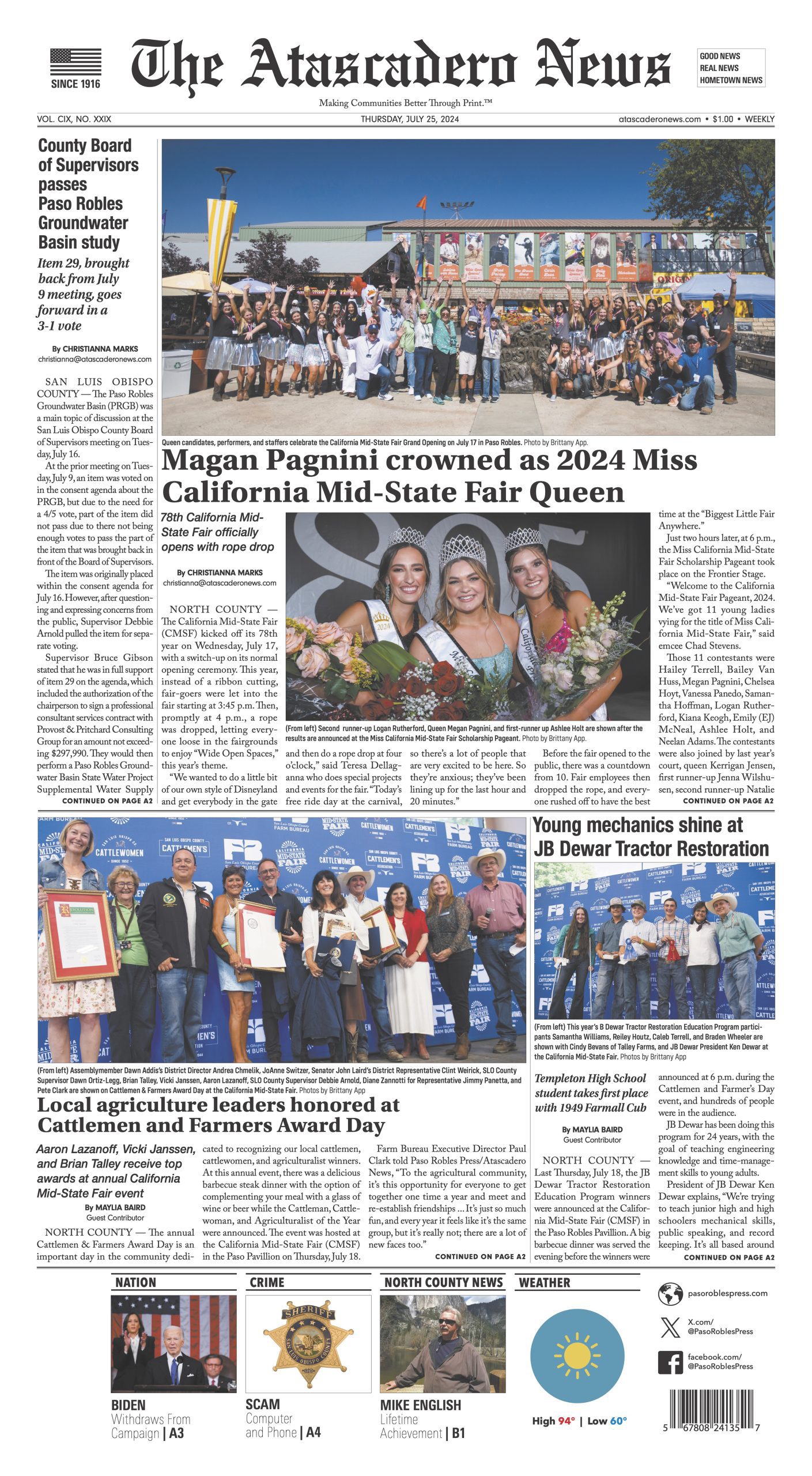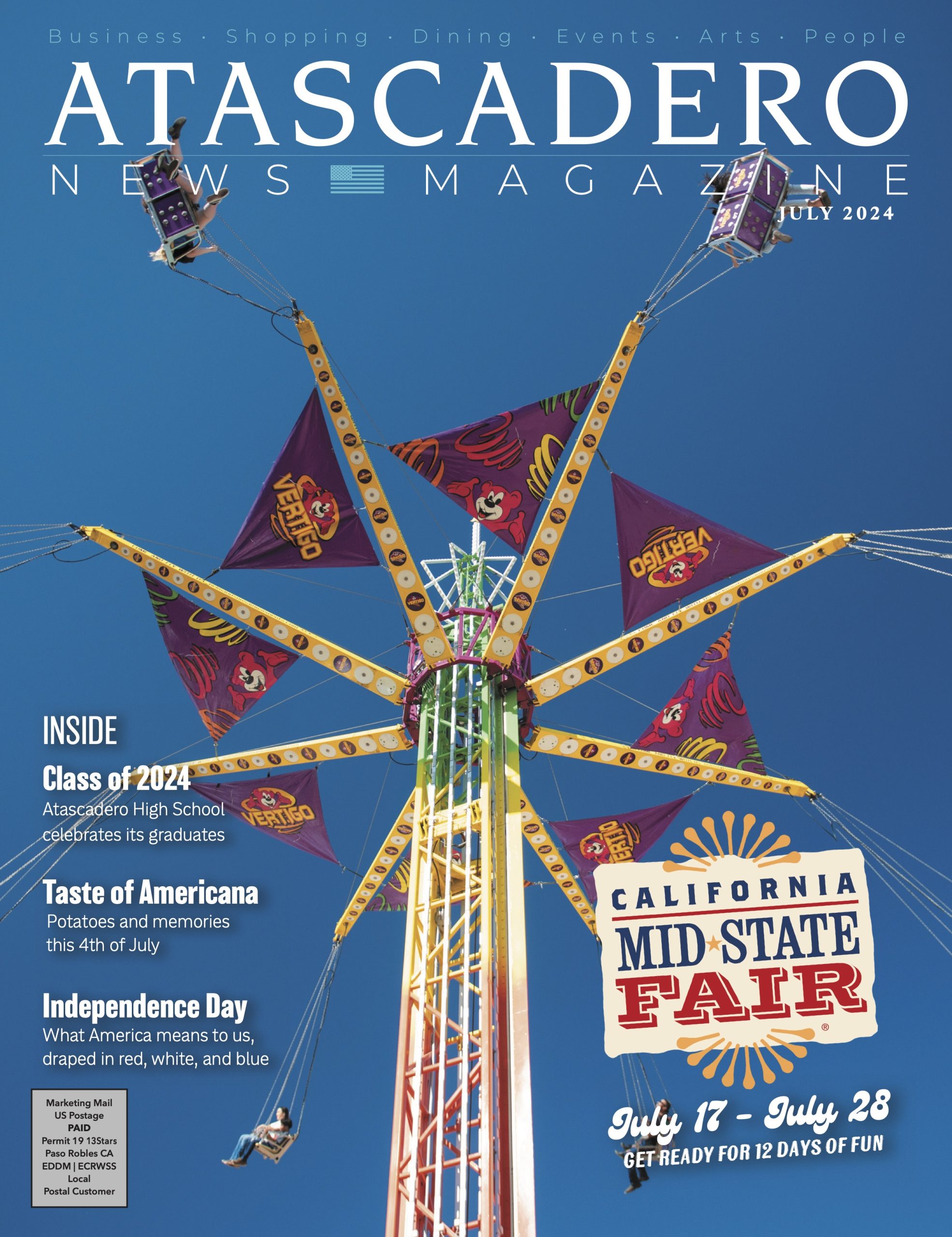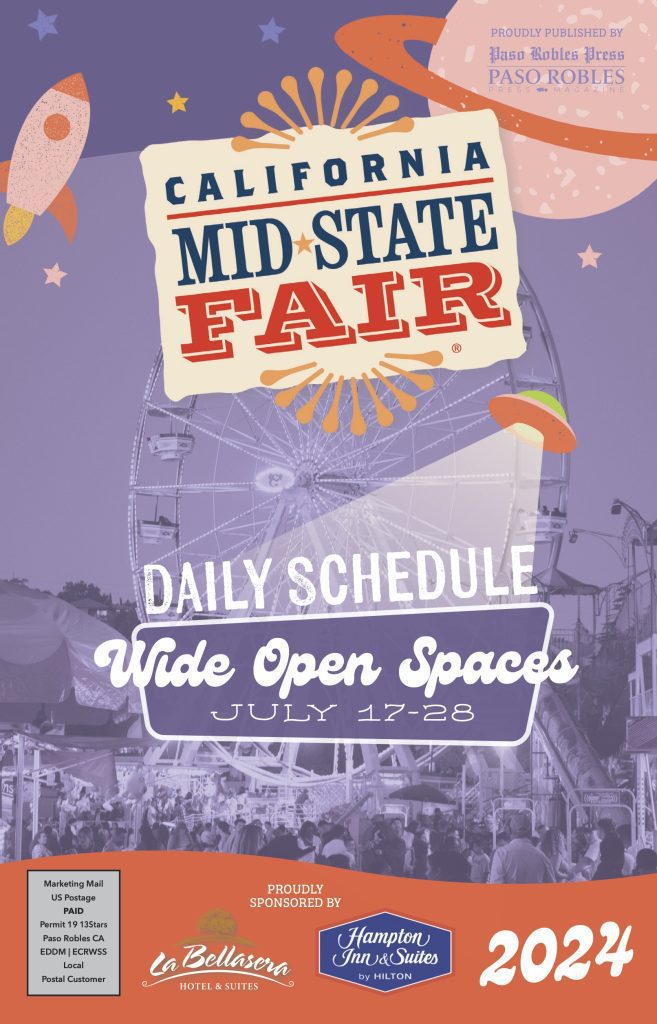Here is a sampling of some of the new California laws in effect, as of January 1, 2019, that could affect you.
AB 216: Free postage for voters
California voters who vote by mail will no longer have to pay postage. The new law works to ensure voting is free for all Californians by requiring that election officials include a return envelope with prepaid postage when delivering vote-by-mail ballots. Local agencies could ask the state to reimburse them for the new costs, estimated at $5.5 million.
AB 375: California Consumer Privacy Act
The new law can hold companies accountable for potential abuse of personal data. In a compromise reached between consumer privacy advocates and tech companies, the California Consumer Privacy Act was signed into law in 2018 and goes into effect in 2020. It allows consumers to know more about personal information companies collect on them and empowers them to request the data be deleted. If there is an unauthorized breach of a consumer’s non-encrypted personal information, companies can be sued for up to $750. Upon request, members of the public could ask a business to delete information they have collected on them and businesses that sell consumers’ information would have to disclose the categories of information they collect. Kids under 16 must opt in to consent to the sale of their data. While consumers can sue for security breaches, the Attorney General can levy fines.
AB 1871: Free and reduced-price school meals
During his first term as California governor in 1975, Jerry Brown signed legislation requiring that all public schools provide students in grades K-12 one nutritionally-adequate free or reduced-price meal per school day. In 1992, when charter schools were authorized as public schools, they were exempt from this requirement. This law ensures that charter school students have the same access to nutrition as low-income students in public schools. This law will facilitate meals for over 340,000 eligible, low-income students who are enrolled in California charter schools, and over 80,000 low-income children who are currently going without meals.
AB 1976: Lactation accommodation in the workplace
An employer shall make reasonable efforts to provide an employee with the use of a room or other location, other than a bathroom, in close proximity to the employee’s work area, for the employee to express milk in private. The room or location may include the place where the employee normally works if it otherwise meets the requirements of this section. An employer who makes a temporary lactation location available to an employee will comply with this section the following conditions are met: The employer is unable to provide a permanent lactation location because of operational, financial or space limitations; The temporary lactation location is private and free from intrusion while an employee expresses milk; The temporary lactation location is used only for lactation purposes while an employee expresses milk; The temporary lactation location otherwise meets the requirements of state law concerning lactation accommodation.
AB 2013: Concealed carry firearms training proficiency
Under existing California Penal Code 26165, the required course of training for an applicant must be no more than 16 hours and must cover firearm safety and laws regarding the permissible use of a firearm. AB 2013 would amend 26165 PC to require that the course of training be at least eight hours, but not be required to exceed 16 hours. The bill requires the training course firearm handling and shooting technique instruction, a demonstration by the applicant of shooting proficiency, safe handling of each firearm that the applicant will be licensed to carry and include live-fire exercises conducted on a firing range. The law also requires licensing authorities to establish and make available to the public the standards used when issuing licenses regarding the live-fire shooting exercises it requires, as specified. By imposing additional requirements on local licensing authorities, this bill would create a state-mandated local program. The California Constitution requires the state to reimburse local agencies and school districts for certain costs mandated by the state. Statutory provisions establish procedures for making that reimbursement. To date, 25 U.S. states have enacted similar legislation.
SB 1046: Ignition interlock device (IID) for DUI
California residents who have been convicted of a DUI, will be required to install an ignition interlock device on their vehicle, even if they are convicted of their first DUI offense. An IID is a small breathalyzer that is connected to a vehicle’s ignition system. The device prevents a vehicle from starting when a driver’s breath sample contains alcohol. A convicted driver has the right to apply for a restricted license without completing their license suspension upon revocation, providing they install an IID on their vehicle, which will be in effect until January 1, 2026.
SB 1448: Healing arts probation status and disclosure
Previously, California medical providers who are disciplined for ethical violations such as gross negligence, substance abuse, inappropriate prescribing or sexual misconduct could be placed on probation and allowed to continue practicing for a period under restricted conditions. Beginning in July 2019, California physicians, surgeons, podiatrists, acupuncturists, chiropractors and osteopathic and naturopathic doctors are required to inform their prospective patients if they are on probation before they can be treated.










